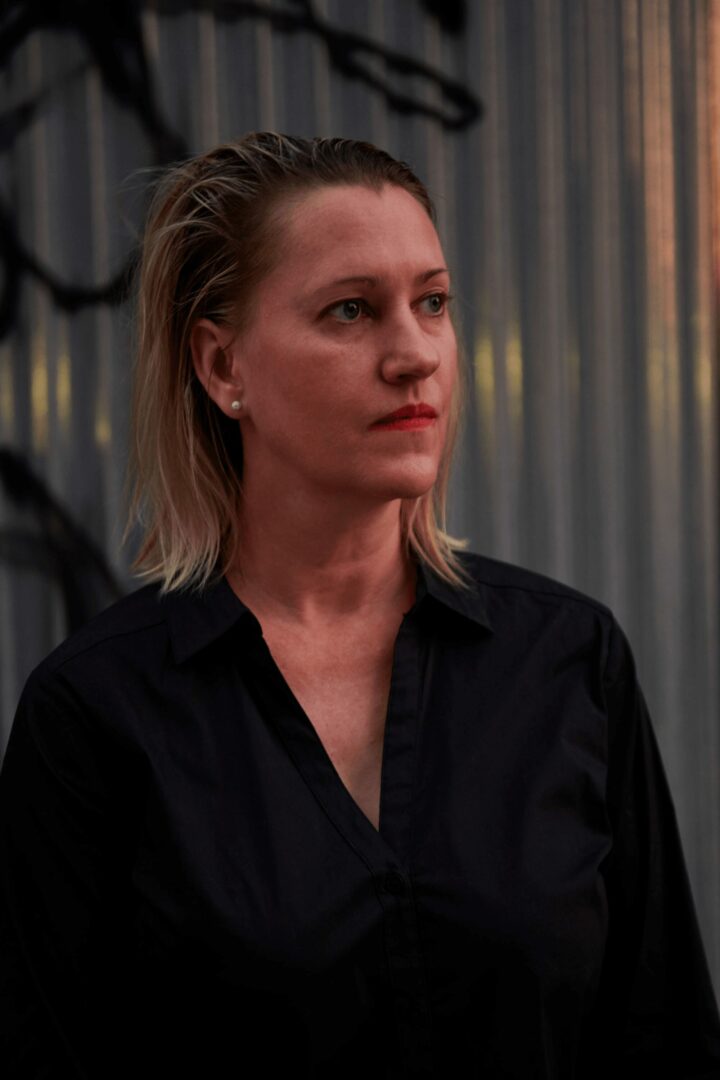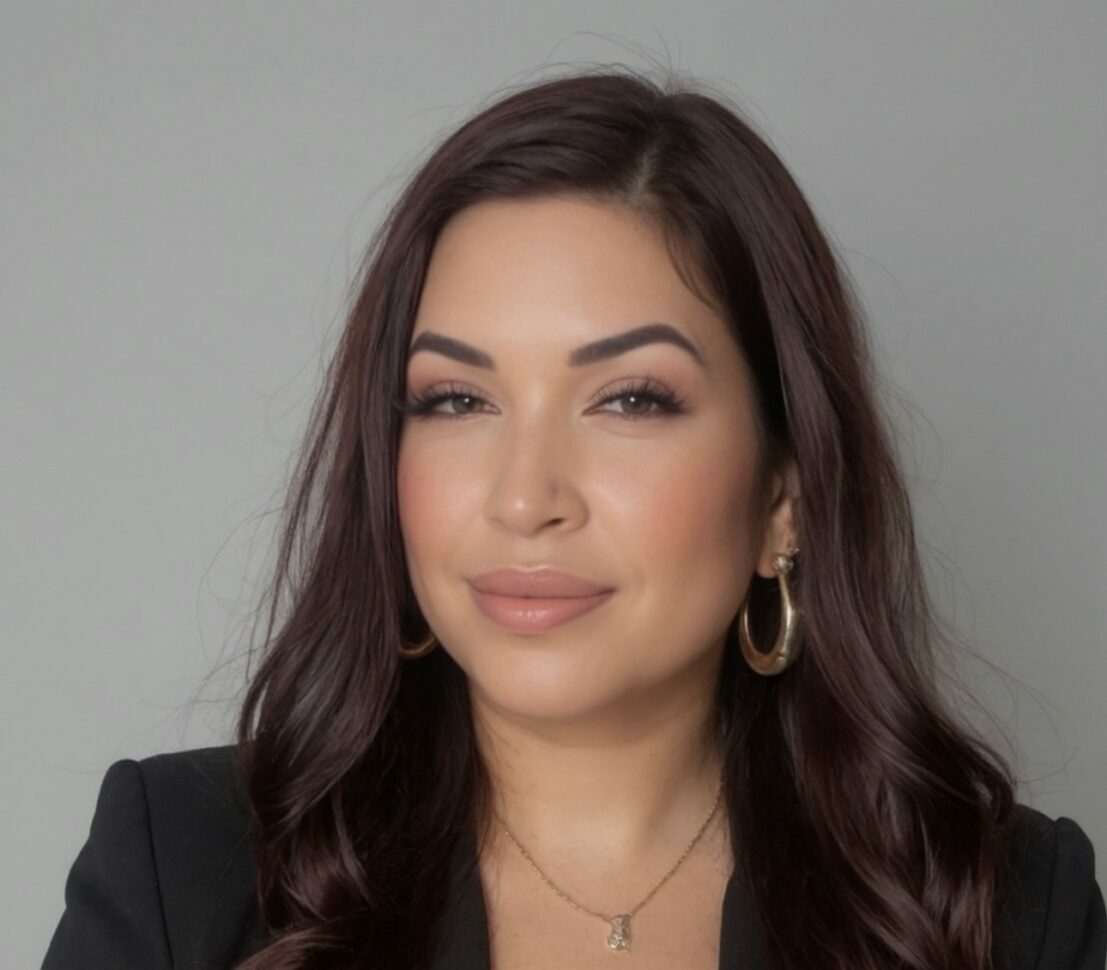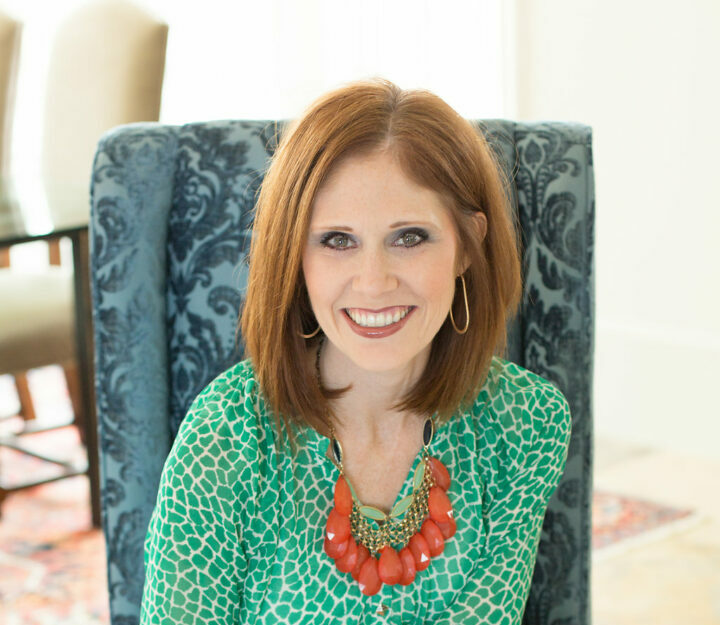We were lucky to catch up with Crissa-jean Chappell recently and have shared our conversation below.
Crissa-Jean, we are so deeply grateful to you for opening up about your journey with mental health in the hops that it can help someone who might be going through something similar. Can you talk to us about your mental health journey and how you overcame or persisted despite any issues? For readers, please note this is not medical advice, we are not doctors, you should always consult professionals for advice and that this is merely one person sharing their story and experience.
When I was little, numbers dominated my life. I used to call it “the counting game,” but it wasn’t fun at all. I’d count to ten while I was brushing my teeth. Or when I climbed the steps to the front porch. If I landed on an even number, I passed the test. For the longest time, I believed that everybody else’s brains worked the same way. I was constantly panicking about doing something wrong. And it wasn’t just about numbers. But the secret rules, as I imagined them, were always changing and I could never keep up. Touch the wall ten times. Or twelve. Flick the light switch on. Then off. My invisible “monster” was an octopus swimming inside my head. The more I tried to ignore it, the tighter its tentacles wrapped around me. Even worse, I was afraid to talk about it.
During my senior year of high school, my family lost our home to Hurricane Andrew. I remember hiding in the hallway as things crashed around us in the dark. Then the widows blew out. It sounded like a freight train crashing through the house. The next morning, everything I owned was gone.
It was a time when I especially felt out of control. In college, my anxiety only got worse. I felt so alone. I knew that I needed to talk to someone. It took a few years before I found the courage to walk over to the Counseling Center on campus. I was diagnosed with obsessive compulsive disorder. My monster finally had a name. Instead of battling my OCD octopus, I began to see it as my superpower. I ended up describing many of these personal experiences in my first novel, TOTAL CONSTANT ORDER (HarperTeen). At first, it was very difficult to write about OCD because I was hyper aware of my own rituals and tics. After I pounded out a rough draft of the novel, I discovered that it was actually therapeutic to write about it.
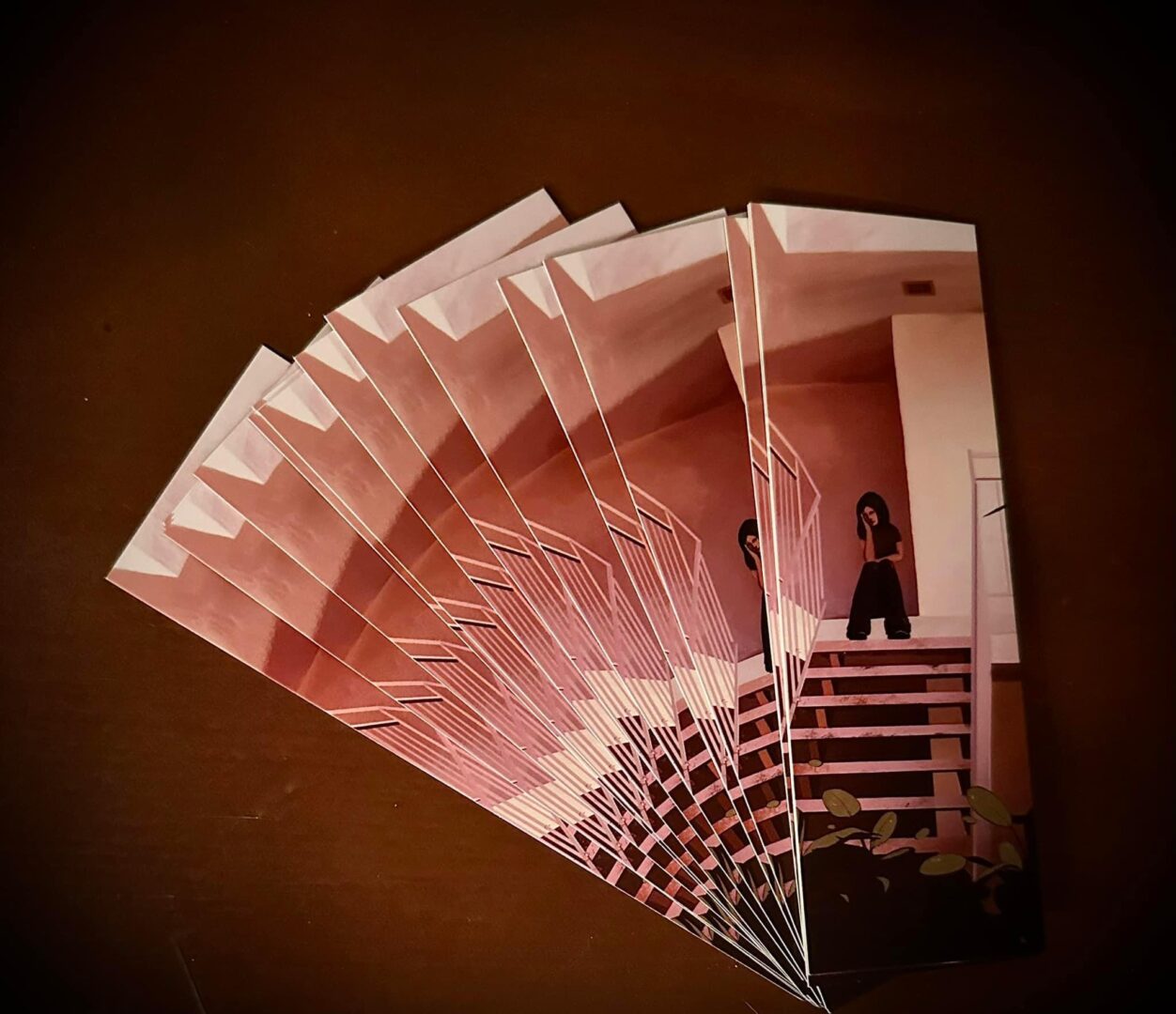
Let’s take a small detour – maybe you can share a bit about yourself before we dive back into some of the other questions we had for you?
I am the author of five young adult novels. SUN DON’T SHINE (Fitzroy Books / Regal House) was released this year. My next YA thriller, NEVER LEAVE ME ALONE, will be published in 2026. I am also a professor of creative writing at Lehman College in the Bronx.
So many YA novels are about escapism. And there’s nothing wrong with that. But my books have always been about characters who are battling real life problems. Often, my protagonists are outsiders who feel like they don’t fit in. Although my characters confront difficult challenges, there’s always a glimmer of hope.
In SUN DON’T SHINE, the conflict revolves around a girl who was abducted by her dad when she was little. Now she’s sixteen and looking for a way out. Her view of the world has been distorted by her father’s lies. A big part of Reece’s character arc is learning how to speak up for herself. In her struggle to find the truth about her identity, she discovers her inner strength.
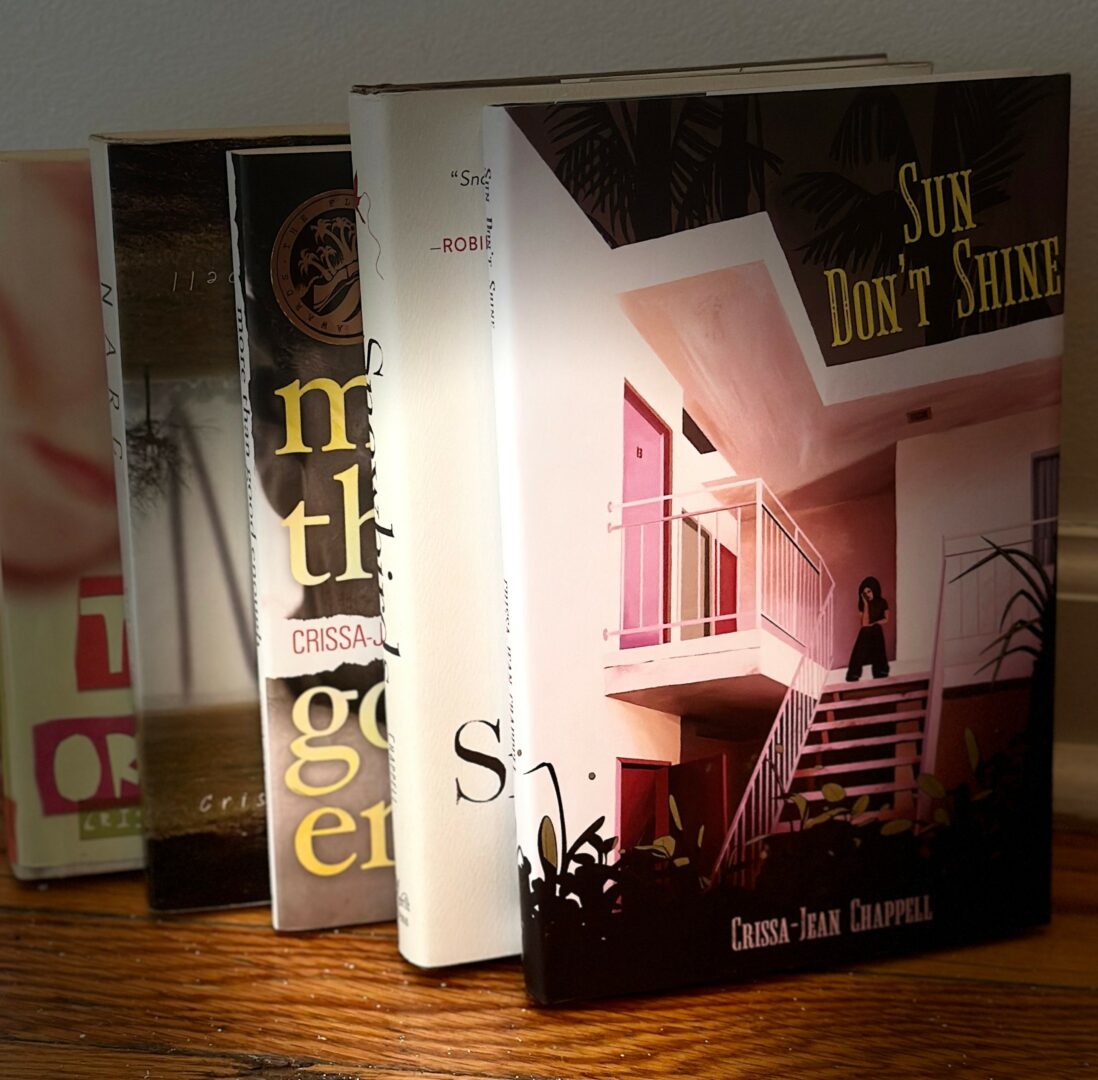
If you had to pick three qualities that are most important to develop, which three would you say matter most?
The road to publishing a novel is often a bumpy ride. I used to imagine that if I was lucky enough to sell a novel (and luck / timing is a big part of the journey) I’d stay with the same publishing house and continue to work with my editor. Unfortunately, this isn’t always true. It’s common for editors and literary agents to move around or even quit the business. Every time this happens…you’re forced to start all over again. And it’s really scary. My advice to beginning writers? You are the best advocate for your own work.
perseverance: You’re going to face a lot of rejection…even after the first book sells. This is totally normal. Publishing is like matchmaking. If a certain editor didn’t fall in love with your book…then they’re not the right fit for that story.
creative space: Sometimes it might feel selfish to focus on your work. Maybe you’re struggling to carve out time for that creative project. You might have to fight for that time. As a professor, my schedule is always changing. I have to adjust my writing routine each semester, whether that means writing in the morning before I jump in the train or staying up late at night. I truly believe that creative rituals are helpful when I’m sitting at my desk (for example, I make a lot of music playlists for specific characters, scenes, and chapters, etc.). There’s no right or wrong. It’s whatever helps you put words on the page. I should also mention that time away from your desk can be important to your creative process. I love to take long walks in Green-Wood Cemetery here in Brooklyn. The shadowy oaks and angelic statues transport me away from the city’s constant push-pull and give me the much-needed space to breathe.
patience: If you’re dedicated to finishing a draft of a book, it could take years before you type “the end.” Maybe even longer when you’re searching for a publisher to (hopefully) say, “I love it.” Writers often joke that publishing is very “hurry up and wait.” But if you’re serious about the business of publishing, it’s important to celebrate all the little “wins” along the way. Don’t simply focus on the goal of selling a novel. Otherwise you’ll never be satisfied.
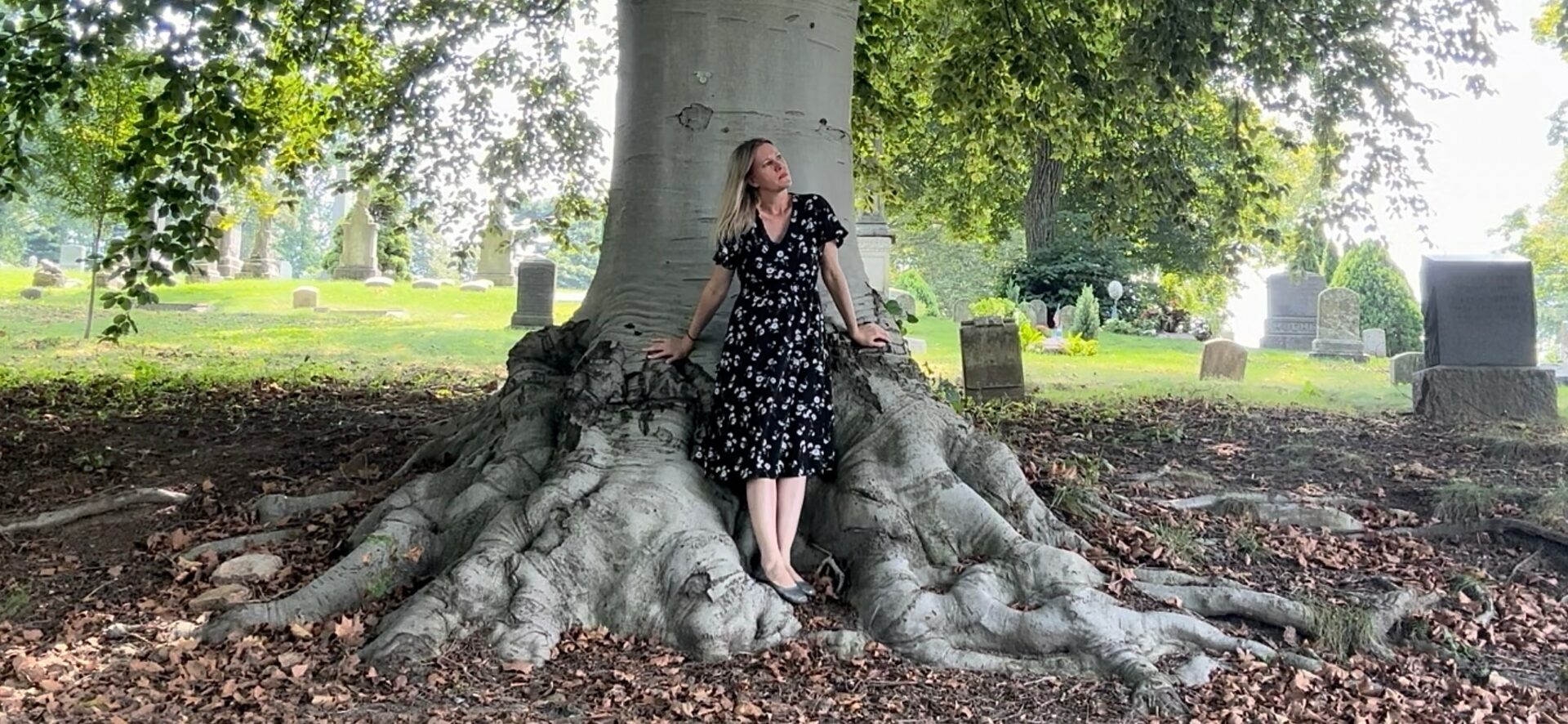
To close, maybe we can chat about your parents and what they did that was particularly impactful for you?
Reading was always part of my life. My dad used drive to Coral Reef Library near our home in South Miami and load up his car with books. He took the time to read to me every night (Frog and Toad, Charlotte’s Web, Ramona, etc.). Sometimes we’d visit the library together. He let me pick out any book I wanted. When I told my parents that I dreamed of writing my own novels, they were very supportive. I scribbled ghost stories on notebook paper and stapled or Scotch-taped the pages. My room always smelled like Mr. Sketch markers. I was constantly living in my imagination. A time machine hidden in the hall closet. Dragons sleeping in the kitchen cabinet. My parents’ encouragement told me that my dreams weren’t a waste of time. In fact, the act of telling stories is self-empowering.
Contact Info:
- Website: https://www.crissajeanchappell.com
- Instagram: @crissachappell
- Twitter: @crissachappell
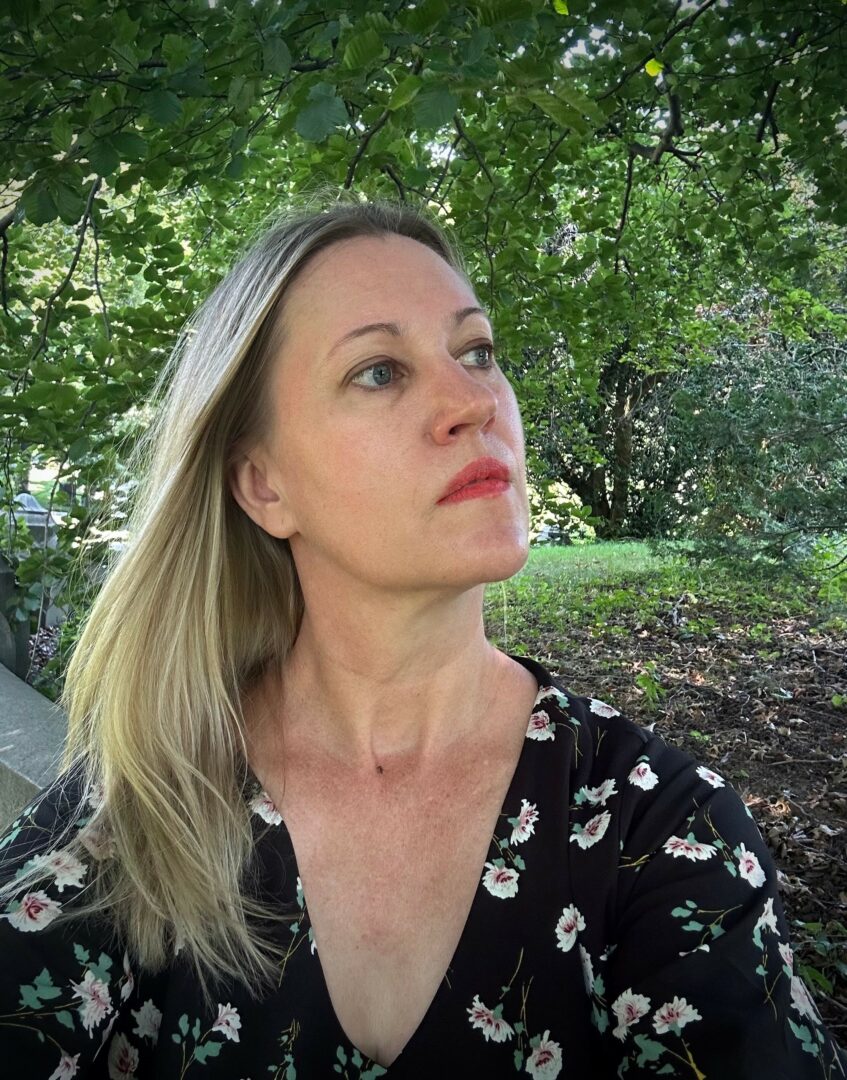
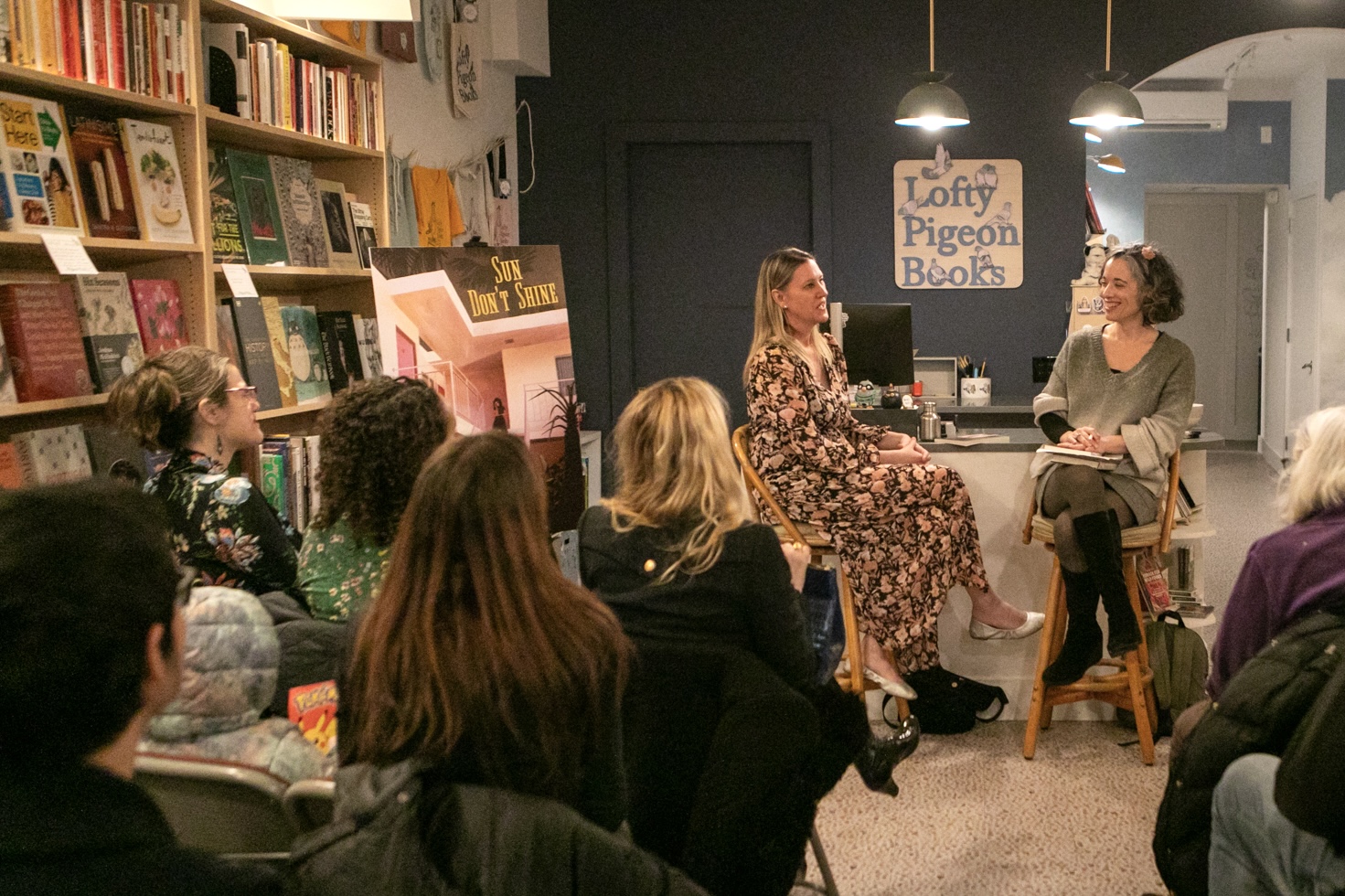
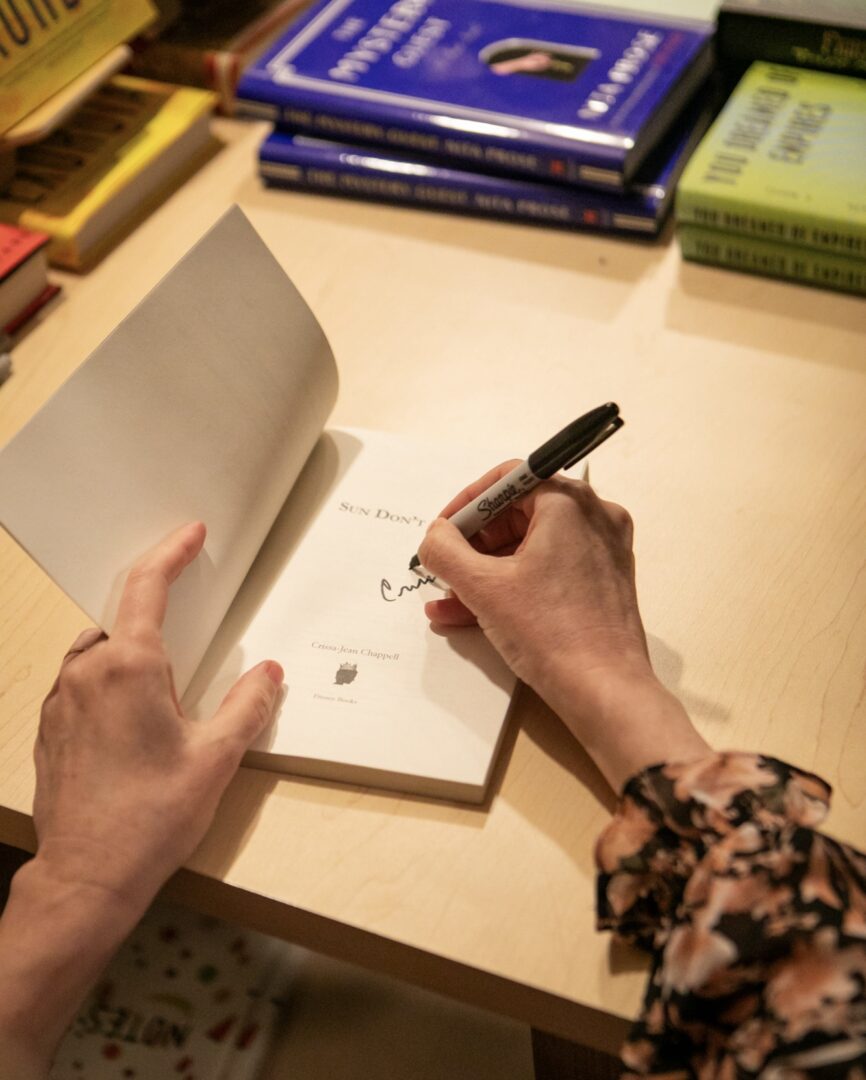
Image Credits
Craig Stokle
Crissa-Jean Chappell
so if you or someone you know deserves recognition please let us know here.

